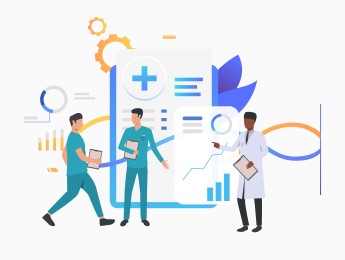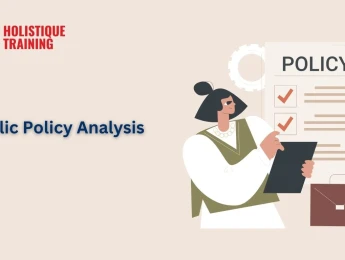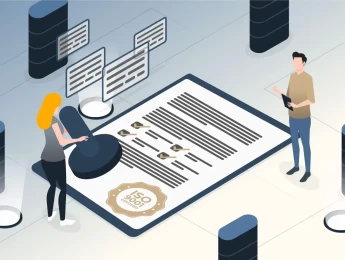Healthcare systems around the world are facing growing pressures to balance rising costs, limited resources, and the need for continuous improvement. This course introduces participants to the essential concepts of health economics, innovation, and change management that are shaping the future of healthcare delivery. Through clear explanations, practical examples, and real-world case discussions, participants will gain a broad understanding of how healthcare services are financed, how decisions are made about resource allocation, and how innovative solutions and organisational change can improve both efficiency and patient outcomes.
By the end of this course, participants will be able to:
- Understand basic economic principles applied to healthcare.
- Recognise how healthcare resources are allocated and prioritised.
- Learn simple methods for evaluating healthcare costs and benefits.
- Explore how innovation is driving changes in healthcare delivery.
- Gain basic tools to support and participate in organisational change processes.
This course is ideal for:
- Healthcare staff with limited background in economics or management.
- Clinical professionals seeking a broader understanding of health policy and innovation.
- Public health officers and administrative staff.
- Early-career healthcare leaders.
- Medical students and healthcare trainees.
- Anyone interested in healthcare economics and innovation.
The course uses short expert-led sessions, simplified real-life examples, group discussions, interactive activities, and mini-case studies. The emphasis is on clear, jargon-free explanations and practical understanding rather than technical economic modelling.
Day 5 of each course is reserved for a Q&A session, which may occur off-site. For 10-day courses, this also applies to day 10
Section 1: Introduction to Health Economics
- What is health economics and why it matters?
- Basic economic concepts: scarcity, demand, supply, opportunity cost.
- Why healthcare markets are different from normal markets.
- How healthcare systems are funded: government, private insurance, out-of-pocket.
- Global challenges in healthcare financing.
Section 2: Understanding Healthcare Costs & Resource Allocation
- The problem of limited resources vs unlimited needs.
- Simple tools for decision-making:
- Cost-effectiveness (is it worth the money?)
- Cost-benefit (do the benefits outweigh the costs?)
- Real-world examples: cancer drugs vs preventive care.
- Ethical issues: who decides what is funded?
- Group activity: simulate budget decisions for a small healthcare system.
Section 3: Innovation in Healthcare – Opportunities & Challenges
- What is healthcare innovation?
- Current trends: telemedicine, AI, digital health apps, wearables, robotics.
- Why some innovations succeed while others fail.
- Challenges in adopting new technology (regulation, funding, acceptance).
- How innovation can reduce costs and improve care quality.
Section 4: Managing Change in Healthcare Organisations
- Why change is difficult in healthcare.
- Basic change management steps:
- Creating urgency.
- Building a guiding team.
- Communicating the vision.
- Managing resistance.
- Role of leadership and teamwork.
- Case studies of successful healthcare transformations.
Section 5: Integrating Innovation & Economics for Better Healthcare
- How to balance cost and innovation.
- Simple principles of value-based care.
- International examples of sustainable healthcare innovation.
- Future trends: digital health, global health equity, climate and health economics.
- Final group activity: design a simple innovation plan for your own organisation.
Upon successful completion of this training course, delegates will be awarded a Holistique Training Certificate of Completion. For those who attend and complete the online training course, a Holistique Training e-Certificate will be provided.
Holistique Training Certificates are accredited by the British Accreditation Council (BAC) and The CPD Certification Service (CPD), and are certified under ISO 9001, ISO 21001, and ISO 29993 standards.
CPD credits for this course are granted by our Certificates and will be reflected on the Holistique Training Certificate of Completion. In accordance with the standards of The CPD Certification Service, one CPD credit is awarded per hour of course attendance. A maximum of 50 CPD credits can be claimed for any single course we currently offer.
- Course Code IND5 - 181
- Course Format Classroom, Online,
- Duration 5 days













